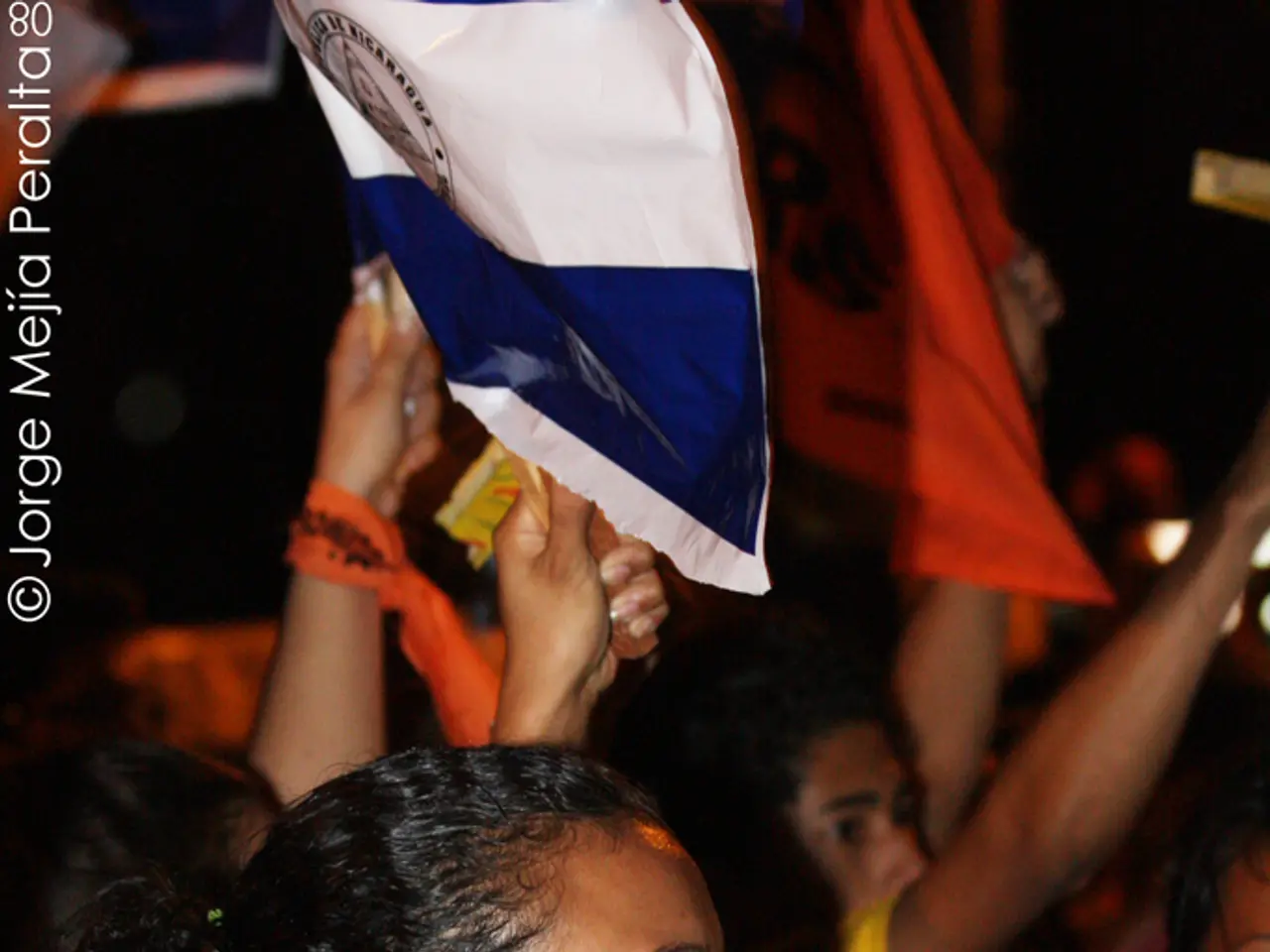Detailed Insight: Enhancing Success for Girls and Young Females Across Africa
In a collaborative effort, Tiko, an African non-profit organisation, has launched a Development Impact Bond (DIB) for Adolescent Sexual Reproductive Health. This outcomes-based contract, valued at $10.1 million, marks the first of its kind to address sexual and reproductive health issues, with a focus on reducing early and unintended pregnancies and new HIV infections in girls aged 15 to 19.
The DIB is a joint initiative between Tiko, the delivery partner, the UN Population Fund (UNFPA) and the Children's Investment Fund Foundation (CIFF) as outcomes funders, Bridges Outcomes Partnerships which manages the programme and provides the upfront working capital via its SDG Outcomes Fund, and the Government of Kenya which has been involved in the design and delivery of the programme.
Tiko, founded by CEO Benoit Renard in 2014, operates in Kenya, Ethiopia, Burkina Faso, Nigeria, South Africa, Uganda, and Zambia through an online platform. In Kenya alone, Tiko works with approximately 300 healthcare facilities and 4000 mobilisers and community health workers.
The organisation's model relies on a network of vetted public and private health clinics and dispensaries, a community of 'mobilisers' who act as outreach workers, and community health workers. Tiko's mobilisers and health workers connect girls to the platform and then refer them to Tiko's network of carefully mapped clinics, giving them access to bias-free, youth-friendly healthcare practitioners.
Last year, Tiko reached one million girls with its services and aims to increase that to four million per year in the next five years. The organisation's chief impact officer, Serah Melaba, believes Tiko can leverage its experience with the DIB and its work building government relationships to strengthen health systems and extend blended finance opportunities for Tiko's countries of implementation.
Data shows that sexual and gender-based violence is a key driver in teen pregnancy and new HIV infections among young women in Africa. In response, Tiko has started to incorporate initiatives addressing the prevention and management of sexual and gender-based violence into its work. Melaba describes this move as aiming to close the circle on addressing the threats faced by adolescent girls and young women.
Every $1 invested in family planning yields more than $8 in returns for families and societies, according to the UNFPA. However, the US withdrawal of $377 million in funding to the UNFPA and wider cuts to aid for sexual and reproductive health globally have created an uncertain outlook for investment. Melaba describes the drop in aid as a "structural rupture" that affects Tiko's operations, the communities they serve, and the broader health system.
Despite these challenges, Tiko has already started fundraising for the next phase of the DIB in Kenya and hopes to scale the Kenya blueprint to other markets, including South Africa. The organisation's success demonstrates the potential of impact-linked financing mechanisms like Development Impact Bonds to address the triple threat of teen pregnancy, HIV, and sexual and gender-based violence in sub-Saharan Africa.
- Tiko, through its Development Impact Bond (DIB) for Adolescent Sexual Reproductive Health, aims to use blended finance to extend opportunities in the countries it operates.
- The DIB, a collaborative effort between Tiko, UNFPA, CIFF, Bridges Outcomes Partnerships, and the Government of Kenya, focuses on reducing early and unintended pregnancies and new HIV infections in African girls.
- By providing access to bias-free, youth-friendly healthcare practitioners through its network of clinics and community workers, Tiko aims to reach the goal of 4 million girls per year within the next five years.
- Tiko's model also includes addressing sexual and gender-based violence, which is a key driver in teen pregnancy and new HIV infections among young women in Africa.
- By investing in family planning, communities can see more than $8 in returns for every $1 invested, according to the UNFPA. However, funding cuts to sexual and reproductive health globally create an uncertain future for investments like Tiko's.
- As Tiko's success demonstrates, impact-linked financing mechanisms like DIBs have potential in addressing the triple threat of teen pregnancy, HIV, and sexual and gender-based violence in sub-Saharan Africa.
- Education and self-development, women's health, mental health, nutrition, health-and-wellness, fitness-and-exercise, parenting, and personal and career development are all areas that Tiko, through its work and success, may have a positive social impact on.




